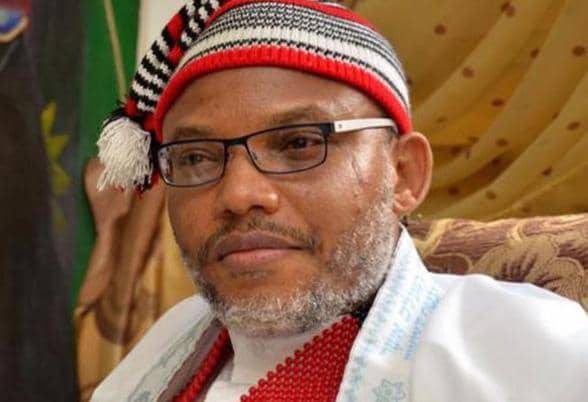In a significant development in the ongoing terrorism trial of Nnamdi Kanu, leader of the Indigenous People of Biafra (IPOB), the Federal Government has secured court approval for its witnesses to testify behind a screen. This measure, according to the prosecution, is intended to ensure the safety and protection of those scheduled to provide testimony in the high profile case.
The decision was granted by Justice Binta Nyako of the Federal High Court in Abuja on Monday. The judge ruled that witnesses for the Federal Government would be shielded from the public and the defendant, although they would still be visible to the judge and legal counsels. This approach, she emphasized, balances the need for witness protection with the requirements of a fair trial.
This ruling has sparked renewed debate among legal analysts and civil rights advocates, with many questioning whether such a measure could affect the transparency of the trial. Supporters of the court’s decision argue that security concerns are legitimate given the sensitive nature of the case and the history of threats linked to it.
Nnamdi Kanu faces multiple charges, including terrorism, incitement, and illegal possession of firearms. The IPOB leader has consistently denied all allegations, claiming they are politically motivated. His legal team had previously opposed the motion for protected witness testimony, arguing it infringes upon the principle of open justice and the right of the defendant to confront his accusers.
Despite these objections, the court upheld the Federal Government's application, citing national security interests and the safety of individuals involved.
The trial, which has attracted both national and international attention, resumed after months of legal delays and political controversy. It remains one of the most closely watched cases in Nigeria’s recent history due to its implications for civil liberties, national security, and regional politics.
Supporters of Kanu, many of whom consider him a symbol of self determination for the southeastern region, have expressed concern over what they see as a lack of transparency in the legal process. Meanwhile, the government maintains that all legal procedures are being followed appropriately.
The next hearing is expected to proceed under the new arrangements.




No comments yet
Be the first to share your thoughts!